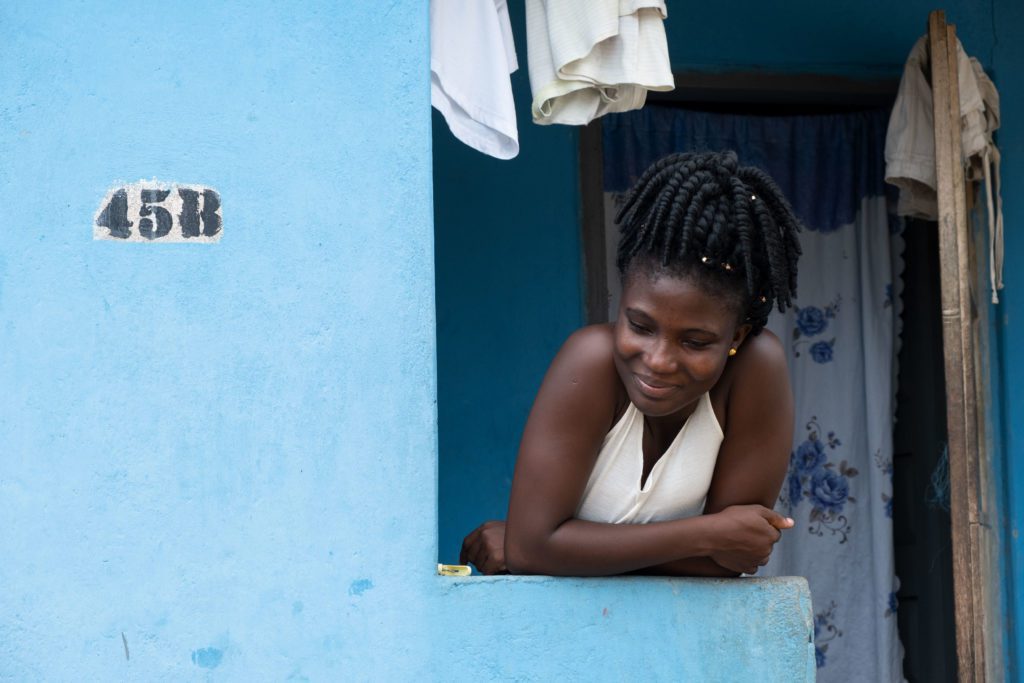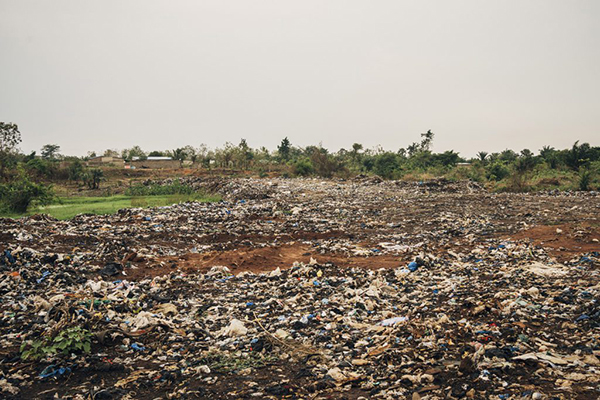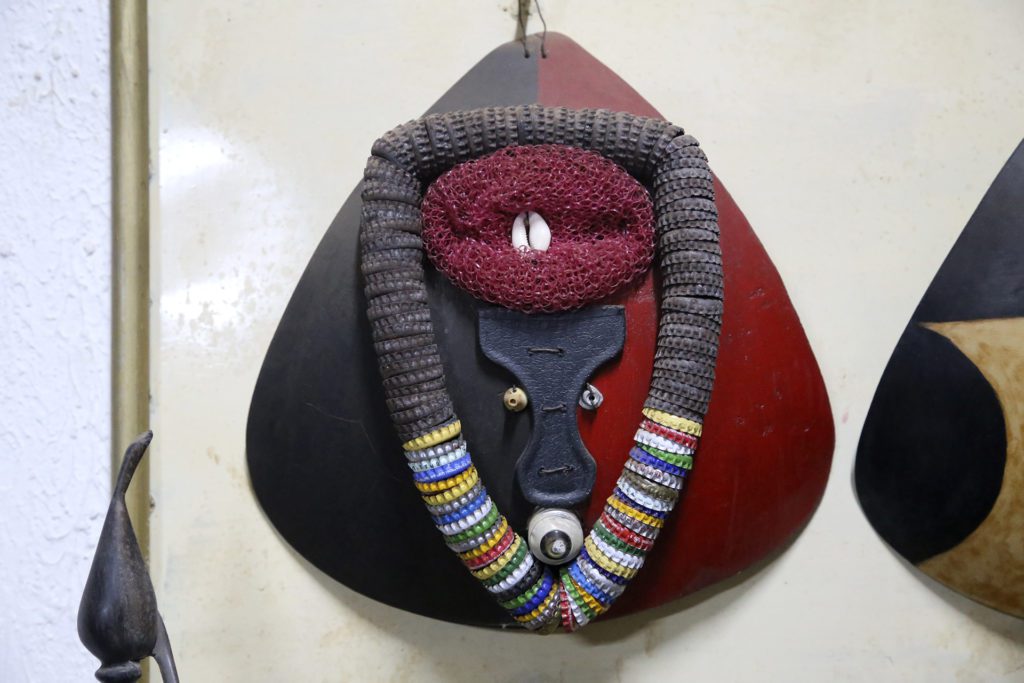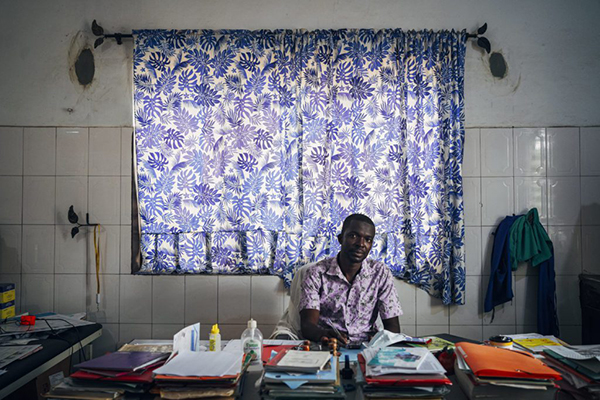Unequal access to income and opportunities not only creates unjust, unwell, and unhappy societies, it also kills people. Over the past two years many people have lost their lives after contracting an infectious disease by being unable to access vaccines in time, or by an inability to treat other diseases in time.
In the countries of sub-Saharan Africa, diseases such as malaria, HIV, tuberculosis, or NTDs have and will continue to have very serious consequences for millions of people. The fragility of their healthcare systems has been made worse with the pandemic and the unequal distribution of vaccines.
Impact on persons: Fighting against NTDs and strengthening weak healthcare systems
Tackling the inequalities surrounding NTDs will contribute to encouraging more egalitarian perspectives of life. According to the WHO, including equality indicators into the monitoring and surveillance systems for NTDs will ensure that the interventions reach those who need them most.
Currently it is difficult to estimate the cost that lives lost to NTDs has on development. However, an interesting study reported that the estimated value of human lives lost in 2015 due to NTDs was equivalent to 0.1% of the accumulated GDP of the 53 countries of continental Africa.
According to observations by the researcher Juliette Bigot, African healthcare systems are weak because:
- National spending on health tends to be inadequate, due to structural-adjustment policies, the burden of debt repayments, and the worsening exchange relationship.
- Economic resources tend to be wasted, and there is much inefficiency because of bad policies.
- Administration is often poor, and institutional reforms inoperative.
Faced with all this, and specifying the approach in the fight against NTDs, the efforts and investment destined to controlling NTDs will be determined, for the most part, by the value of the morbidity, the availability of effective donated medicines, human-rights arguments, and by the need to reach the 3.3 target of SDG3, which seeks an end to NTDs by 2030.






